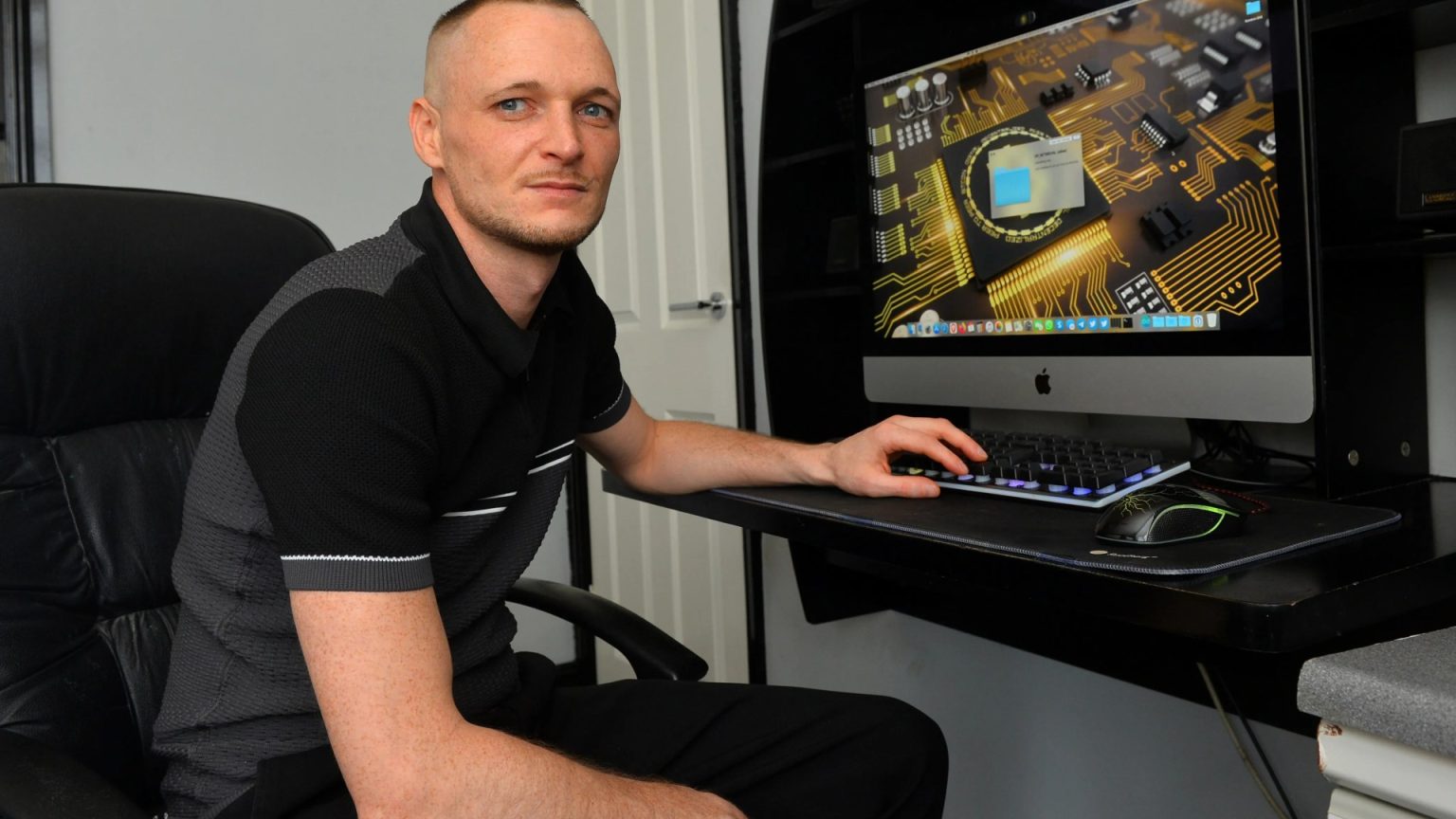James Howells, a 39-year-old IT worker, embarked on a decade-long legal battle to retrieve a lost hard drive containing 8,000 Bitcoins, now worth over £635 million. This digital treasure trove was accidentally discarded by Howells’s ex-partner in 2013, ending up in a Newport landfill. Howells repeatedly appealed to Newport City Council for permission to excavate the site, offering a 10% share of the recovered fortune, equivalent to over £63.5 million, to the local community. However, his pleas fell on deaf ears as the council steadfastly refused, citing environmental concerns and the lack of merit in his claim.
Howells’s initial attempts to collaborate with the council were met with resistance, leading him to pursue legal action as a last resort. He argued that as the homeowner, he had the legal right to retrieve wrongly disposed-of property. He emphasized his willingness to conduct the excavation at no cost to the public, proposing the utilization of advanced technology, including AI, to pinpoint the hard drive within the vast landfill. He envisioned a collaborative effort, believing that a cooperative approach would be more fruitful than a legal battle. However, the council remained unyielding, rejecting all communication and dismissing his proposals.
The council’s primary objection centered on the potential environmental impact of such an extensive excavation. They argued that the disruption to the landfill site would be significant and detrimental to the surrounding area. Furthermore, they maintained that Howells’s claim lacked legal standing, asserting that they alone held the authority to conduct operations within the landfill. They accused Howells of attempting to bribe them with his offer of a percentage of the recovered Bitcoins, further entrenching their refusal to cooperate.
The legal proceedings culminated in a Cardiff High Court ruling against Howells. The judge dismissed his claim, stating that there were no “reasonable grounds” for the excavation and “no realistic prospect” of success at trial. This decision effectively extinguished any hope of retrieving the hard drive and its valuable contents, leaving Howells to grapple with the devastating loss. He lamented the missed opportunity for Newport, suggesting that the city could have flourished with the influx of wealth generated by the Bitcoins, likening its potential transformation to that of Las Vegas or Dubai.
Howells remains frustrated by the council’s lack of foresight and their refusal to engage with the evolving landscape of cryptocurrency. He believed that their unwillingness to understand and embrace this new technology cost the region a significant opportunity for economic growth. He maintained that his proposed excavation could have been conducted responsibly, minimizing environmental impact while maximizing the potential benefits for the community. The juxtaposition of his vision of progress and the council’s resistance highlights the clash between technological advancement and traditional governance.
The case of James Howells and his lost Bitcoins serves as a cautionary tale about the intersection of digital assets, physical disposal, and bureaucratic intransigence. It underscores the importance of secure storage practices for cryptocurrency and the challenges of recovering lost digital wealth. The significant financial loss, coupled with the protracted legal battle, highlights the complexities of navigating legal and environmental regulations in the pursuit of reclaiming lost property, particularly within the realm of rapidly evolving digital technologies. The council’s unwavering stance further emphasizes the difficulties faced by individuals seeking to engage with authorities on matters involving emerging technologies and their potential impact on local communities.











